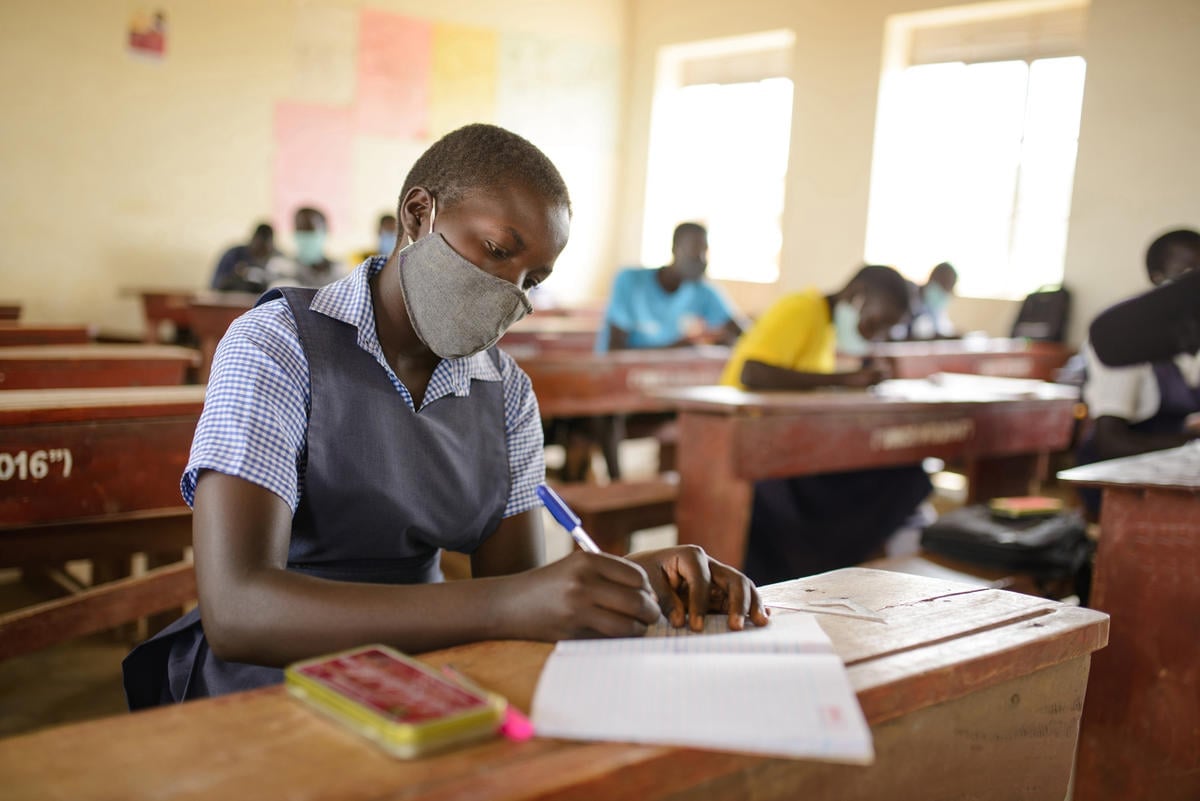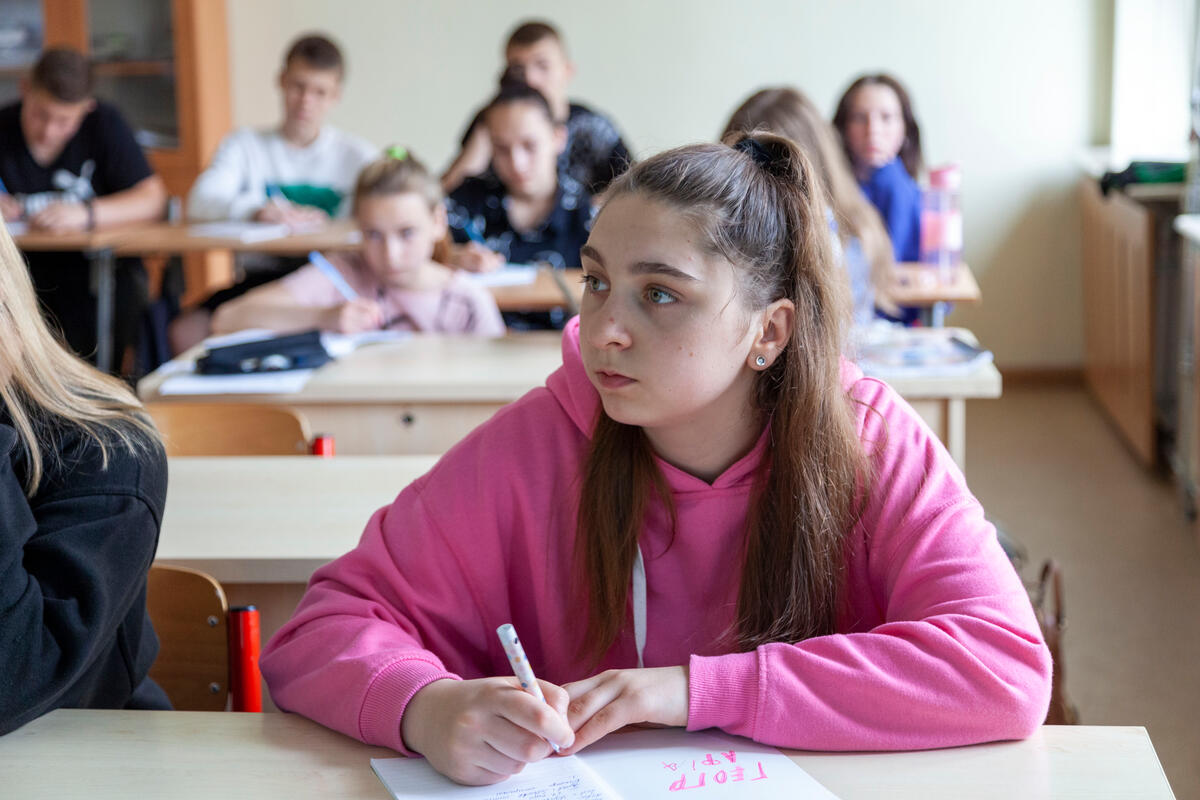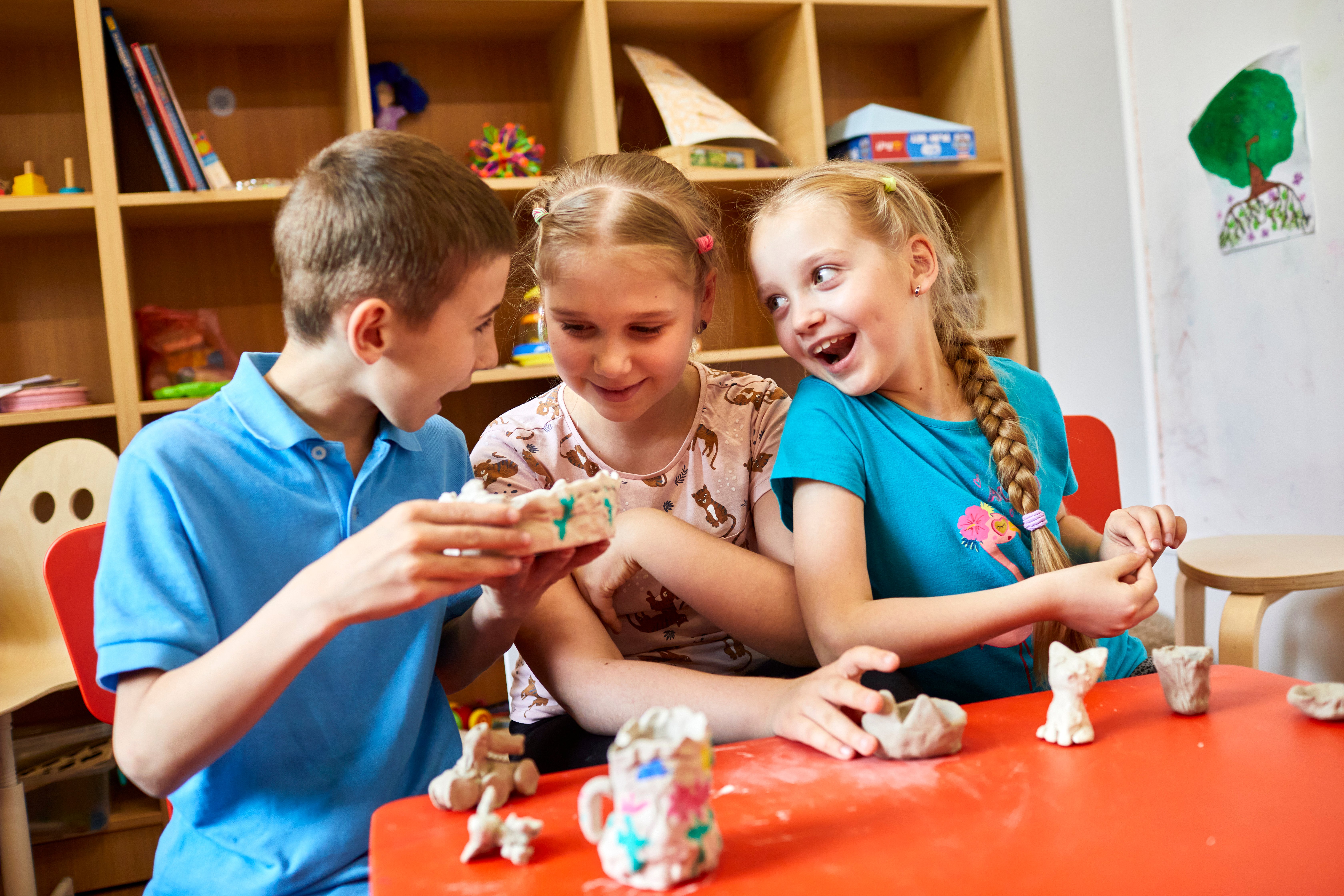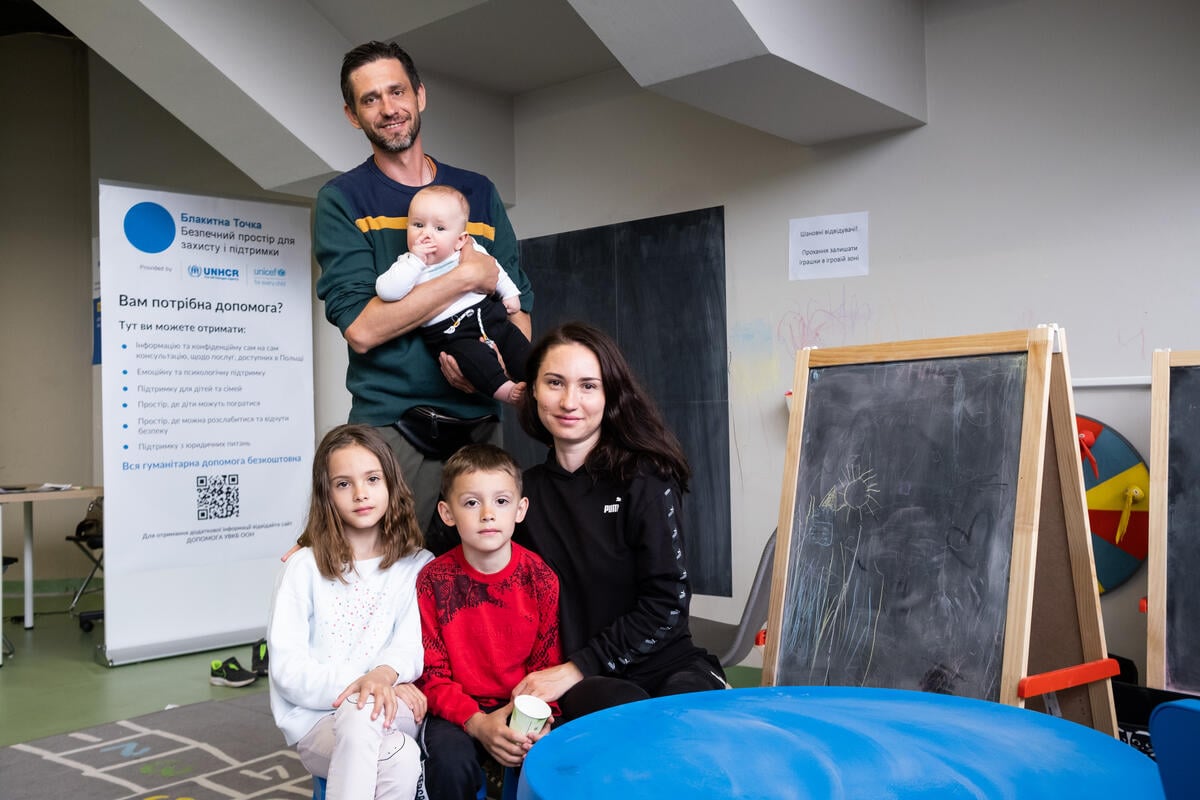Liberian youths launch platform against gender violence
Liberian youths launch platform against gender violence

TOTOQUELLEH, Liberia, April 12 (UNHCR) - Every weekend, Amadou Temeh creates a scene in a different village in central Liberia. He and his friends act, sing and dance, anything to draw people's attention to their cause - the battle against sexual and gender-based violence.
At 14, the boyish Temeh seems an unlikely advocate of women's rights, but he is exactly the target group for UNHCR's latest salvo against sexual and gender-based violence - a project called "Saturday theatre" that was launched last month in Gbarpolu, one of the most devastated counties in Liberia's 14-year civil war.
"The drama I do with my friends helps to convey messages on gender violence to the people in a simple way, integrating it into their entertainment," said Temeh. "It is fun and interesting to perform using our own situation, language and music, incorporating human rights messages."
The teenager is among the tens of thousands of Liberian refugees and internally displaced persons who have returned home since the conflict ended in August 2003. While UNHCR and its partners are working to help rebuild Liberia, they are wary of a return to oppressive or abusive practices from the pre-conflict days, like early and forced marriage, female genital mutilation and domestic abuse. Other potential problems faced by female returnees include stigmatization and abandonment by their families, as well as land and property claims.
Flight and exile have enabled some women and youth to step out of their socially-ascribed roles and achieve a level of empowerment. UNHCR hopes this will continue through awareness-raising activities that involve the whole community.
"It is paramount that return and reintegration is based on the underlying principles of inclusiveness and non-discrimination of women, men, girls and boys," said UNHCR's Representative in Liberia, Moses Okello.
"All community members should own the process of social change, hence the importance of involving youth and men as key stakeholders in preventing and responding to sexual and gender-based violence," added UNHCR's community services officer, Alexina Rusere.
Towards this end, the Saturday Theatre project combines education and entertainment for young returnees, former combatants and the general population in Gbarpolu. Performances, which are held in different parts of the county every week, are based on the culture and traditions of folklore, drama, dances and songs passed down from generation to generation.
The main actors are young people from community youth groups who, supported by a facilitator, address problems and find solutions to sexual and gender-based violence. They interact with the audience, drawing them into discussions and encouraging them to participate in the show. This dialogue raises the level of awareness and helps mobilise communities to take action and support the processes of social change.
In addition, the Saturday theatre gives people a platform to raise issues of abuse of women and children during the conflict. This can help the psychosocial process for survivors to take a step forward, and can even promote healing at the individual level and reconciliation at the community level. To support this process, health workers actively participate in the activities, distributing information on reproductive health and HIV/AIDS.
Other initiatives include sports activities to build cohesiveness of the youth groups, and a small literacy circle for interested parties to develop their own pedagogical materials on issues relating to sexual and gender-based violence. Some of the literate group members will be trained as community literacy facilitators to assist others, and a buddy system can be established for peers to work together.
Emphasising the role youths play in rebuilding Liberia, UNHCR's Okello concluded, "It is imperative for sustainable peace that young people enhance their respect for human rights, in particular women's rights, as they participate in reintegration. The youth represent tomorrow's leaders and decision makers, so positive changes in this group can enable sustainable development."
By Francesca Fontanini
UNHCR Liberia









